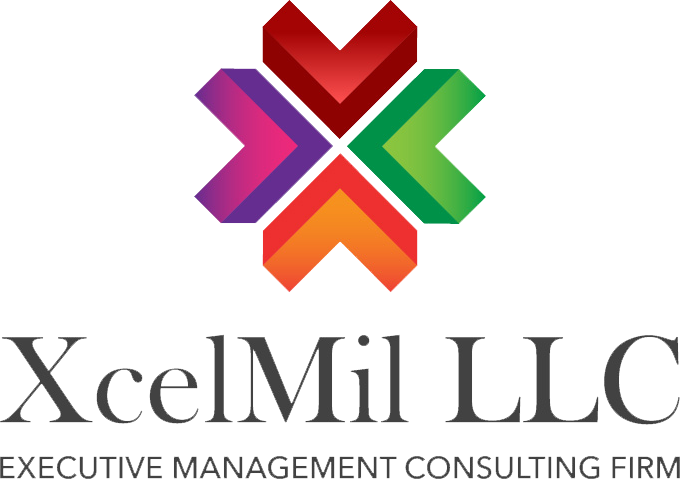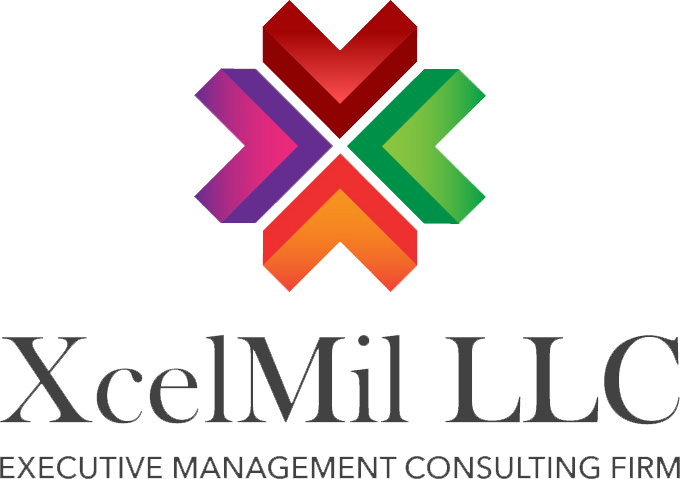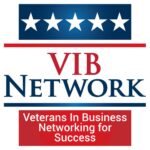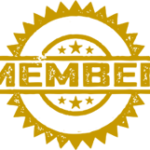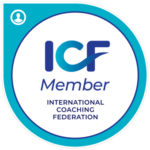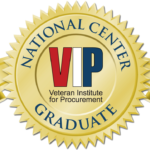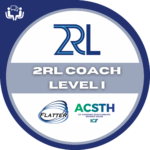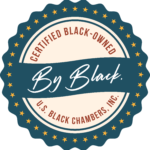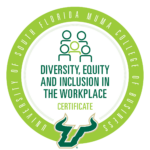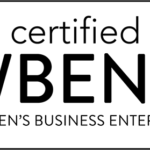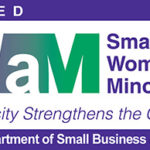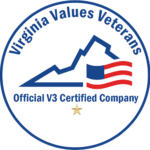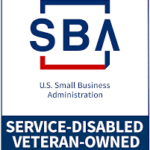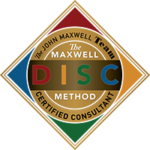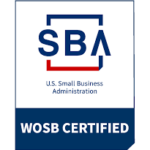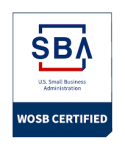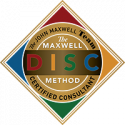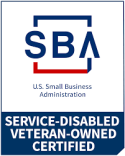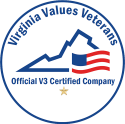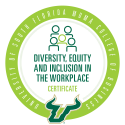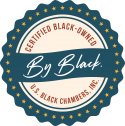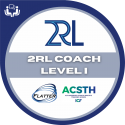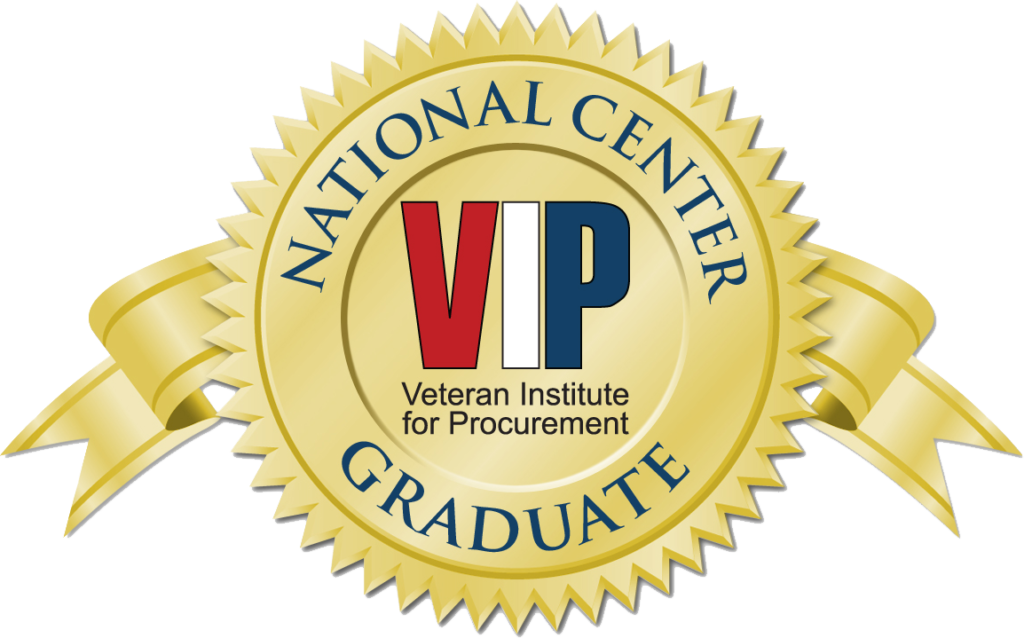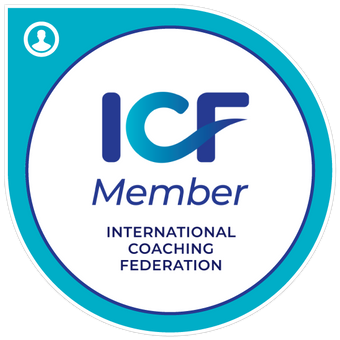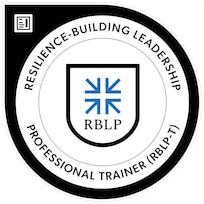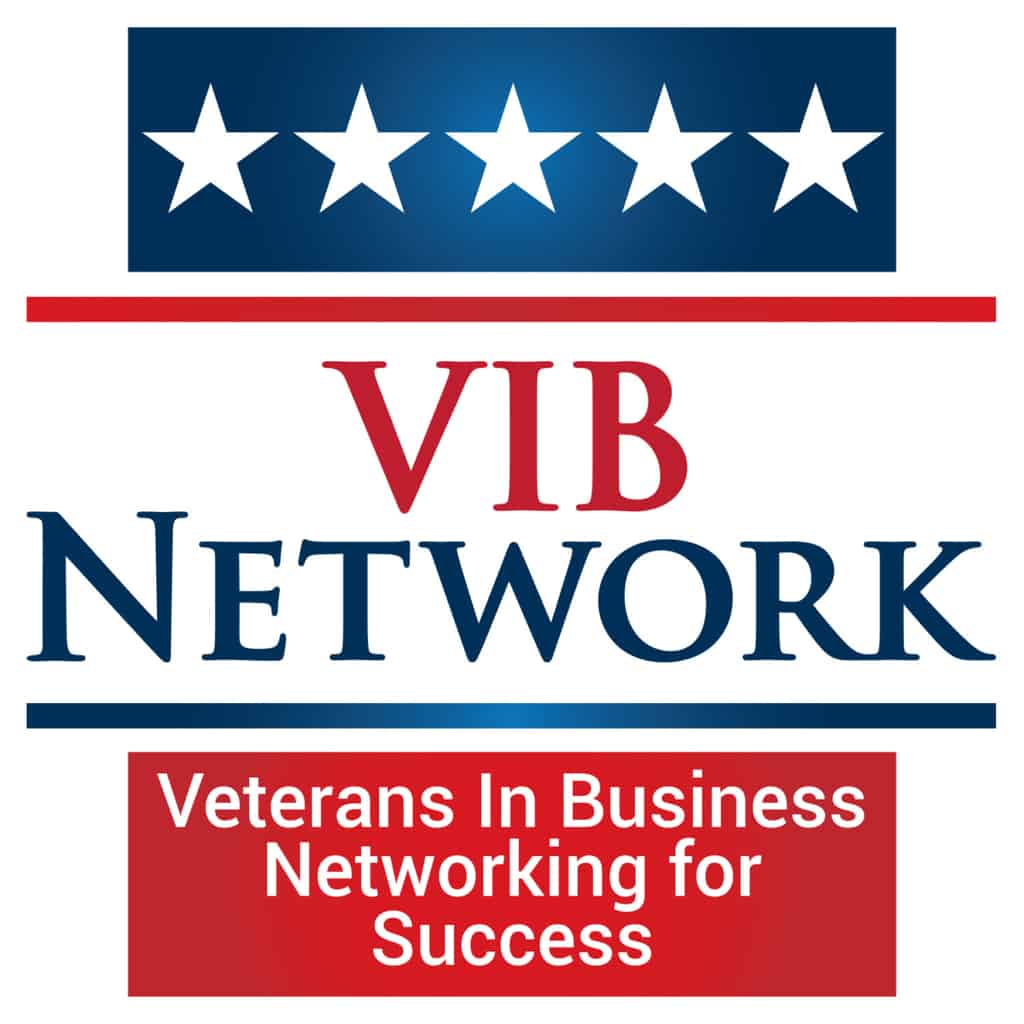Introduction
Lifelong learning is a concept that has gained significant attention in recent years. It refers to the idea that learning should not be limited to a specific time or place but should be a continuous process throughout one’s life. Lifelong learning encompasses formal education, informal learning experiences, and non-formal learning opportunities.
Staying ahead of the curve is essential for business owners, decision-makers, and CEOs. While many understand the concept of lifelong learning, it is often dismissed as just another catchy phrase. However, lifelong learning is much more than that. It is a powerful tool that can fuel success in leadership, diversity, and emotional intelligence.
Defining Lifelong Learning: What It Really Means
Lifelong learning is more than just a buzzword; it is a mindset and a commitment to personal growth and development. It involves actively seeking out new knowledge and skills, regardless of age or educational background. Lifelong learning recognizes that learning can happen in various settings and through different methods. Effective leaders are not born; they are made through continuous learning and development.
There are three main types of learning that fit into the lifelong learning framework: formal, informal, and non-formal learning. Formal learning refers to structured educational programs, such as attending school or university. Informal learning occurs through everyday experiences and interactions, such as reading books, watching documentaries, or engaging in conversations with others. Non-formal learning refers to organized educational activities outside of formal institutions, such as workshops, seminars, or online courses.

The Benefits of Lifelong Learning: Why It’s Important for Personal and Professional Growth
Lifelong learning offers numerous benefits for personal and professional growth. On a personal level, it improves cognitive function and helps to keep the brain active and healthy. Research has shown that engaging in lifelong learning activities can reduce the risk of cognitive decline and improve memory and problem-solving skills.
Furthermore, lifelong learning fosters creativity and innovation. By exposing oneself to new ideas and perspectives, individuals can develop their creative thinking abilities and find new solutions to problems. Lifelong learning also brings personal fulfillment and a sense of accomplishment. It allows individuals to pursue their passions and interests, leading to a more fulfilling and meaningful life.
On a professional level, lifelong learning is essential for career advancement. In today’s rapidly changing job market, staying relevant and up-to-date with the latest knowledge and skills is crucial. Lifelong learning enables individuals to adapt to new technologies and industry trends, making them more competitive in the job market. It also increases job satisfaction by providing opportunities for personal growth and development.
Overcoming Barriers to Lifelong Learning: Common Obstacles and How to Overcome Them
While lifelong learning offers numerous benefits, there are common barriers that can hinder individuals from engaging in continuous learning. Lack of time is one of the most common obstacles. Many people have busy schedules and find it challenging to allocate time for learning. However, by prioritizing learning and setting aside dedicated time for it, individuals can overcome this barrier.
Another barrier is lack of motivation. Some individuals may feel demotivated or overwhelmed by the idea of learning new things. To overcome this, it is important to set clear goals and find ways to stay motivated. Setting achievable goals and breaking them down into smaller, manageable tasks can help maintain motivation. Additionally, finding an accountability partner or joining a learning community can provide support and encouragement.
Financial constraints can also be a barrier to lifelong learning, especially for those who cannot afford formal education or expensive courses. However, there are many free or low-cost learning opportunities available, such as online courses, educational websites, and libraries. Seeking out these resources can help overcome financial barriers.

Strategies for Effective Lifelong Learning: Tips for Making the Most of Your Learning Journey
To make the most of the lifelong learning journey, it is important to adopt effective learning strategies. One strategy is to find a learning style that works best for you. Some individuals learn better through visual aids, while others prefer auditory or kinesthetic learning.
Understanding your preferred learning style can help you tailor your learning experiences to maximize effectiveness.
Setting SMART goals is another effective strategy. SMART stands for Specific, Measurable, Achievable, Relevant, and Time-bound. By setting clear and specific goals, individuals can track their progress and stay focused on their learning objectives. Regularly reflecting on your learning experiences is also important. Reflecting allows you to consolidate your knowledge and identify areas for improvement.
The Role of Technology in Lifelong Learning: How Digital Tools Can Enhance Your Learning Experience
Technology plays a significant role in enhancing lifelong learning. Online courses and educational platforms provide access to a wide range of learning materials and resources. These platforms offer flexibility in terms of time and location, allowing individuals to learn at their own pace and convenience. Educational apps and software provide interactive and engaging learning experiences, making the learning process more enjoyable and effective.
Social media platforms also contribute to lifelong learning by connecting individuals with like-minded learners and experts in various fields. Online communities and forums provide opportunities for discussion, collaboration, and knowledge sharing. Additionally, technology enables individuals to access a vast amount of information and resources, making learning more accessible and convenient.

Lifelong Learning in the Workplace: How Employers Can Encourage and Support Continuous Learning
Lifelong learning is not limited to personal growth; it is also crucial for professional development. Employers play a vital role in encouraging and supporting continuous learning in the workplace. By investing in training and development programs, employers can enhance the skills and knowledge of their employees, leading to increased productivity and improved performance.
Creating a culture of learning is essential for fostering continuous learning in the workplace. Employers can promote a learning mindset by encouraging employees to take on new challenges, providing opportunities for skill development, and recognizing and rewarding learning achievements. Offering flexible work arrangements, such as allowing employees to allocate time for learning during working hours, can also support lifelong learning.
Lifelong Learning for All: How to Make Learning Accessible and Inclusive for Everyone
It is important to make lifelong learning accessible and inclusive for everyone, regardless of their background or circumstances. This includes providing accommodations for people with disabilities, such as offering materials in alternative formats or providing assistive technologies. It also involves offering learning opportunities in multiple languages to cater to diverse populations.
In addition, making learning affordable and reducing financial barriers is crucial. Governments, educational institutions, and organizations can provide scholarships, grants, or subsidies to make education and training more accessible to individuals from low-income backgrounds. Offering flexible learning options, such as part-time or online courses, can also accommodate individuals with other commitments, such as work or family responsibilities.

The Impact of Lifelong Learning: A Case Study
To fully comprehend the impact of lifelong learning, let’s examine a real-life case study of a successful business leader, John, who attributes much of his growth to continuous learning. John, the CEO of a multinational company, has always made it a priority to invest in his personal development. By attending industry conferences, participating in online courses, and engaging in peer-to-peer learning, John continuously expands his knowledge and skills.
Through lifelong learning, John has developed exceptional leadership abilities, cultivated a diverse network of professionals, and honed his emotional intelligence. This has allowed him to lead his organization through various challenges, foster innovation through diverse perspectives, and build a high-performing and collaborative team.
Furthermore, John’s commitment to lifelong learning has not only propelled his personal success but also influenced the company’s culture. By encouraging a culture of continuous learning, John has fostered an environment where employees feel valued, empowered, and motivated to grow. As a result, the company has experienced exponential growth, outpaced its competitors, and attracted top talent.

Conclusion
Lifelong learning is a powerful concept that has the potential to transform individuals’ lives and society as a whole. By embracing lifelong learning, individuals can experience personal growth, enhance their professional skills, and stay relevant in a rapidly changing world.
Overcoming barriers to lifelong learning and adopting effective learning strategies are key to making the most of the learning journey. Employers also have a role to play in supporting continuous learning in the workplace. Finally, it is important to make learning accessible and inclusive for everyone, ensuring that no one is left behind. Embracing lifelong learning is a commitment that can lead to a fulfilling and successful life.
Resources for further learning:
- Coursera: coursera.org
- Khan Academy: khanacademy.org
- TED Talks: ted.com
- Udemy: udemy.com
Click here: https://xcelmil.com/xcelmil-coaching-and-consulting-services/ to learn more about our services.
Instagram: https://www.instagram.com/melodygratic4/
X: https://twitter.com/GraticMelody
LinkedIn: https://www.linkedin.com/in/melodygraticconsulting/
XcelMil, LLC is a certified Minority-Woman and Service-Disabled Veteran-Owned Small Business specializing in Executive Management Consulting and Leadership Development Training.
